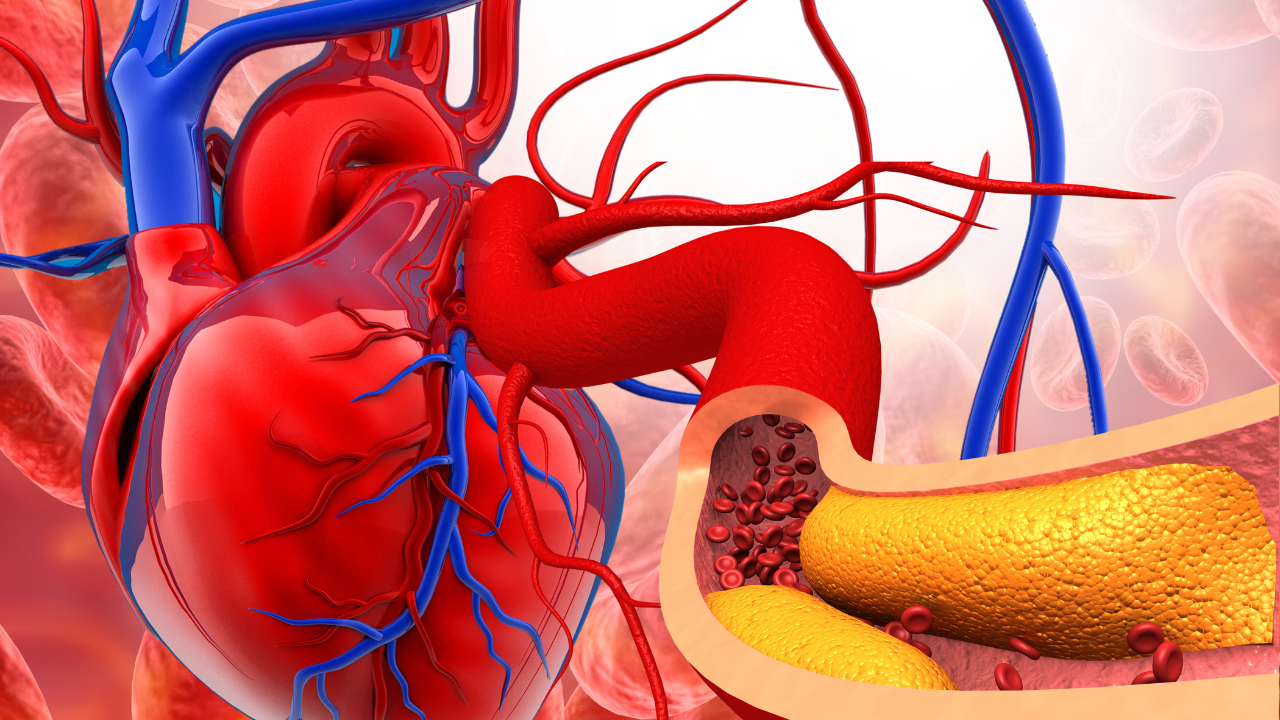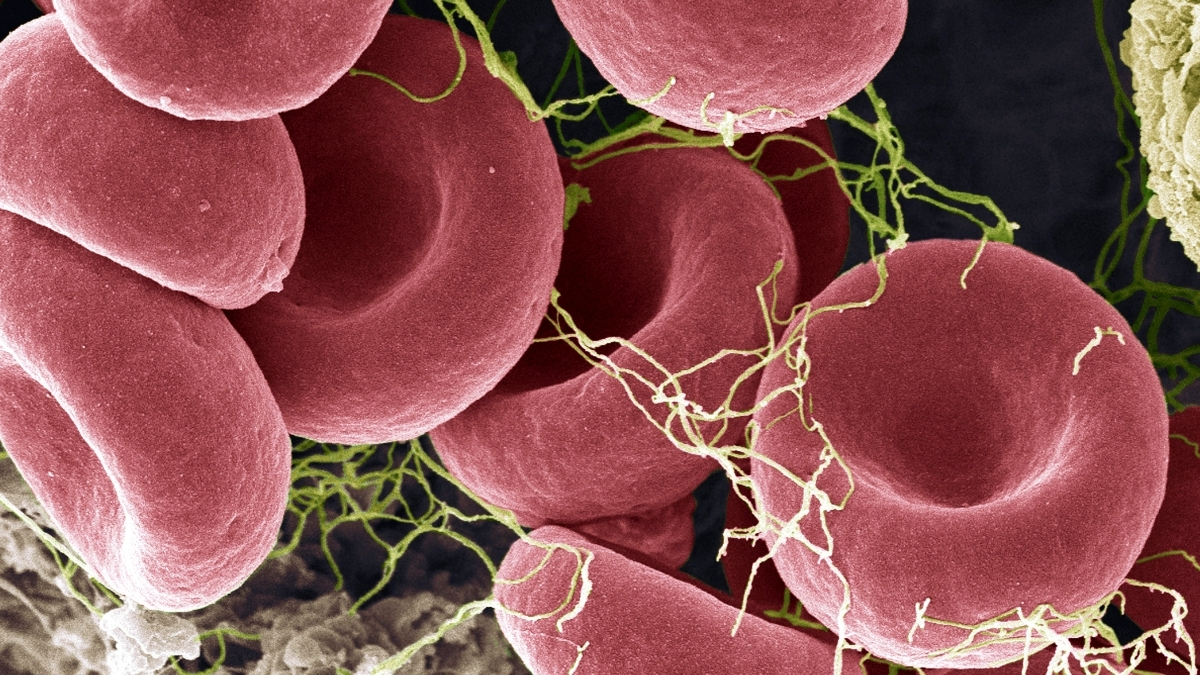Key Takeaways
- Pomegranate juice may help lower blood pressure, although the evidence is conflicting on its effectiveness as a natural remedy.
- Polyphenols in pomegranate may help lower blood pressure by improving arterial function, increasing nitric oxide production, and inhibiting the angiotensin-converting enzyme (ACE).
- Doses of around 300 milliliters per day have been used in studies, with upset stomach, nausea, and constipation being the most common side effects.
Studies suggest that drinking pomegranate juice may help lower your systolic and diastolic blood pressure, although findings are mixed.
Does Pomegranate Juice Actually Lower Your Blood Pressure?
Some research suggests that regular consumption of pomegranate juice may help reduce systolic blood pressure (SBP, the top number) and diastolic blood pressure (DBP, the bottom number) in individuals with high blood pressure (hypertension).
Nevertheless, the findings are inconsistent, with some studies showing a greater benefit than others:
- Pomegranate’s effects may depend on how much you consume: A 2023 review found that drinking 10 ounces of pomegranate juice daily lowered SBP by an average of six mmHg. Higher amounts didn’t reduce SBP further, but did lower DBP by about three mmHg.
- Pomegranate’s effects may or may not be long-lasting: The 2023 study suggests pomegranate’s blood pressure-lowering effects may wear off after two months, while a 2017 review reported more stable, long-term benefits for SBP.
- Pomegranate’s effectiveness can vary: A 2024 review found greater SBP reductions from pomegranate juice in people with baseline SBP over 130 mmHg.
- Pomegranate’s effects are not a sure thing: A 2017 review of six clinical trials found mixed results on pomegranate’s effect on blood pressure—some showed a benefit, others did not.
How Does Pomegranate Juice Work for Blood Pressure?
Pomegranate (Punica granatum L.) is a nutritious fruit rich in plant-based polyphenols. These compounds are thought to reduce blood pressure due to their antioxidant properties.
The most active antioxidants in pomegranate (pedunculagin, punicalin, and gallagic acid) influence blood pressure in three key ways:
- Reduced oxidative stress: Antioxidants work by neutralizing unstable molecules called free radicals, which can damage arteries and cause them to lose their elasticity. By correcting the imbalance between free radicals and antioxidants (referred to as oxidative stress), the polyphenols may improve arterial function and help ease blood pressure.
- Blocking ACE: ACE inhibitors are a class of drugs that reduce blood pressure by blocking angiotensin-converting enzyme (ACE), which causes blood vessels to narrow. Pedunculagin, punicalin, and gallagic acid act similarly to ACE inhibitors by causing blood vessels to widen, decreasing blood pressure.
- Increased nitric oxide: Nitric oxide (NO) is a gas synthesized in the body that relaxes the lining of blood vessels. Pedunculagin stimulates the release of enzymes that trigger the synthesis of NO, thereby reducing blood pressure as NO levels increase.
Is Pomegranate Juice Safe for Me?
Pomegranate juice is generally regarded as safe. It is rich in nutrients, including vitamin C, vitamin K, folate, potassium, and magnesium, and contains approximately 165 calories per 1-cup serving.
Side effects are uncommon, though some people have been known to experience:
- Upset stomach
- Mild nausea
- Constipation
- Diarrhea (at high doses)
While rare, allergic reactions have been reported.
Due to its high sugar content (approximately 26 grams per cup), pomegranate juice may not be suitable for individuals with diabetes.
There are no significant drug interactions with pomegranate juice, and no known risk in people who are pregnant or breastfeeding. Even so, speak with a healthcare provider before using pomegranate to treat any medical condition.
Other Health Benefits
Various compounds in pomegranate have been studied for their potential use in treating or preventing a range of medical condtions, including:
- Skin health: Polyphenols in pomegranate, called ellagitannins, have anti-inflammatory effects that may help speed wound healing and slow skin aging.
- Dental care: The polyphenols in pomegranate have antibacterial properties that may reduce bacteria that produce dental plaque and lower their ability to cling to teeth.
- Diabetes: Ellagitannins block enzymes involved in carbohydrate digestion, which may help lower blood sugar spikes after meals. They also stimulate glucagon-like peptide 1 (GLP-1) secretion, similar to drugs like Wegovy and Ozempic (semaglutide), which improve insulin sensitivity and reduce appetite.
- Heart health: A polyphenol in pomegranate called punicalagin may help prevent fatty deposits in arteries, known as atherosclerosis. It may also help stabilize arterial plaques, preventing them from breaking off and causing a heart attack or stroke.
Source link
:max_bytes(150000):strip_icc()/Denjay_photo-56f3c0ca5f9b5867a1cc4ccb.jpg)
:max_bytes(150000):strip_icc()/ew-kefir-2d1b37e74a1b4f9181d7f4ea80a784c2.jpg)

